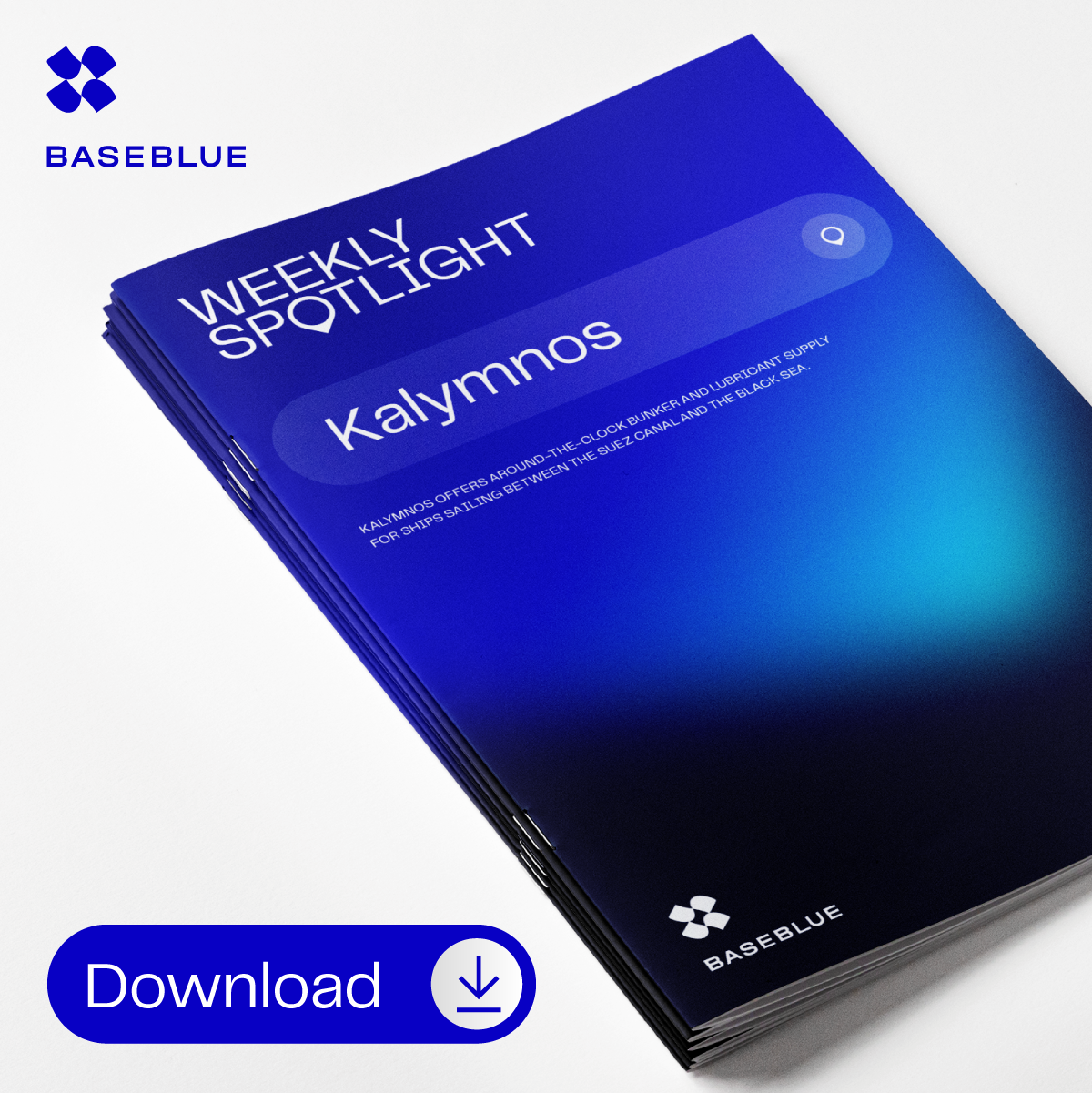

A Graduate’s Transition from University to Bunkering Industry
#LifeAtBaseblue
In this blog, Jildau Faber, a trader at Baseblue’s Groningen office, shares insights from her dynamic career, including her transition from university to the fast-paced world of bunker trading. Discover the challenges, growth, and key experiences that have shaped her journey and contributed to Baseblue’s success in the competitive industry.
Transitioning from university life to a career in bunker trading has been a whirlwind of challenges and growth. The pace and intensity of this industry stand in stark contrast to the academic environment. At university, deadlines often loom in the distant future, allowing ample time for preparation. In bunker trading, however, responses to inquiries can be needed within minutes, sometimes as quickly as 30 minutes. This necessitates high alertness, quick decision-making, and a deep understanding of each client’s needs to provide optimal solutions. Managing multiple inquiries simultaneously, especially in a fluctuating market, can be stressful. Yet, this pressure has taught me to work in a more structured manner and to maintain my composure in high-stress situations, which in turn has led to a sense of accomplishment and personal growth.
Building relationships is not just a part of success in this business, it is the cornerstone. Trust is paramount, not only with customers but also with suppliers. Over the past three years, I have cultivated numerous valuable relationships, some of which have evolved into friendships. This trust and goodwill have been instrumental in not just navigating, but thriving in the complexities of the industry, underscoring the importance of these aspects in the bunker trading industry.
Curiosity and sociability are not just essential traits for anyone in the bunker trading sector, they are the lifeblood. When I began my career, I was driven by an eagerness to learn. I delved into shipping regulations, explored documentaries on ship scraping, and familiarized myself with various parameters found on Certificates of Quality (COQs). Knowledge is power, and staying ahead of the curve is not just a strategy, it’s a prerequisite to prevent competitors from gaining an edge.
The social aspect of bunker trading cannot be overstated. This job offers numerous opportunities to travel and network. Enjoying these interactions and remembering details from conversations can significantly strengthen business relationships.
The work culture in bunker trading is demanding yet rewarding. A willingness to work hard and be available around the clock is essential. Despite these challenges, the job is incredibly fulfilling. The support of my close ones within my team makes it worthwhile. Our office in Groningen feels like a second family, always ready to support each other.
My primary advice for recent graduates eyeing a career in bunker trading is to stay curious. Always ask ‘why’ when encountering new information. Engage with suppliers and clients to understand their operations and the factors influencing their decisions. Understanding the complexities behind a client’s decision-making process, which often extends beyond just pricing, is key to success.
In conclusion, while transitioning from university to bunker trading is challenging, it is also immensely rewarding. The fast-paced environment, the importance of building relationships, and the necessity for continuous learning create a dynamic and fulfilling career path.



